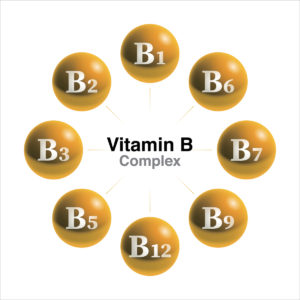Dietary Supplements for Nerve Pain
Betty Chaffee/ October 23, 2025/ Dietary Supplements, pain, Self management/ 4 comments
Nerve pain, especially in the legs, feet, and hands, is common among adults in the United States. Also called peripheral neuropathy, it affects up to 30% of adults, and nearly 10% of those over age 65. There are many causes of peripheral neuropathy, including:
-
-
diabetes
-
vitamin deficiencies
-
trauma
-
Infection
-
immune diseases
-
medications or chemicals
-





Thank you, Betty! A very informative article!
Sue
Thanks Sue — please share with anyone who might benefit from the information!
Appreciate your emails and info.
Thank you, Maryann Medon
Your Presentations at the local Senior Centers are so valuable too.
Thanks Maryann, I hope to see you at one of them soon!